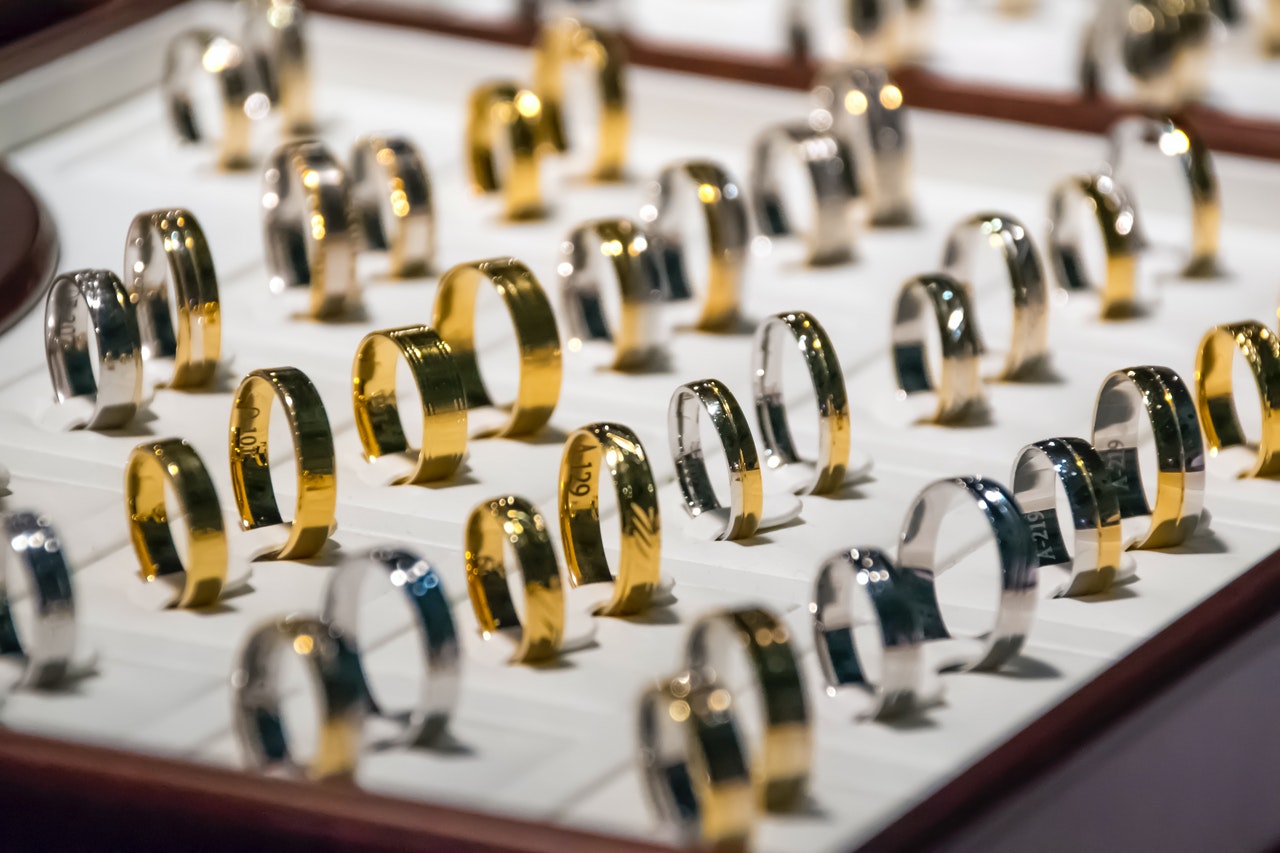While the
risk of further spikes in Covid-19 case continues to weigh heavily on the
world’s economy, there are some assets that continue to experience a
significant boom in the marketplace.
Take precious
metals, for example, with gold and silver having recently soared to their
highest price points since 2011 and 2014 respectively. Incredibly, the rally in
silver prices has peaked at around 80%
since the explosion
of the global pandemic in March, which left much of the world in a state of
lockdown and economic activity.
We’ll
explore this further in the article below, while asking what the future could
have in store for precious metal prices and investors in the months ahead?
Why Have Gold and Silver Soared of
Late?
Following
their recent price surges, what’s more impressive is that gold and silver have
been able to hold onto their significant gains.
To this end,
bullion sparked at $1,865 per ounce at the end of last week, experiencing
further, incremental gains of just over 1% in the process. This extended the
gold rally to its highest level since 2011, when the world was still recovering
from the impact of the great recession.
At the same
time, analyst Jeffrey Halley from Oanda reported that silver exploded by a
whopping 7% on the morning of July 22nd alone, continuing an aggressive rally
that has gripped the precious metal market as a whole of late.
The question
that remains, of course, is why have precious metals seen such expansive price
growth in recent times? On a fundamental level, both gold and silver have
benefitted from the tailwinds created by negative yields across the spectrum of
the US yield curve, as the global recovery remains mired in uncertainty amid
the ongoing Covid-19 crisis.
In the case
of silver, this asset has experienced more pronounced gains due to its core
industrial and practical applications, which play a pivotal role in multiple
industries and have benefited directly from the return of production and
economic activity across the globe.
Silver’s
price shifts always tend to be more pronounced than gold too, thanks to the
asset’s innate liquidity in the marketplace.
What’s Next for Silver and Gold?
In simple
terms, economic growth affects the price of silver far more than gold, which is
a far more stable asset that’s seen as a secure store of wealth during times of
economic austerity.
Much of the
demand for silver is based on industrial uses, particularly in popular products
such as batteries, brazing alloys, dentistry, medicine and LED chips.
Some of the
applications are included as part of high-growth markets, while the cessation
of recent lockdown measures provided a huge boost to the global economy and
sent the demand for silver soaring in the process.
While this
trend is likely to continue for a while before silver corrects its price
course, the future of this precious metal is relatively uncertain and
incredibly vulnerable to further lockdowns and the impact that this will have
on global economic output.
Conversely,
the price of gold is likely to remain relatively stable, while continuing to
make incremental gains and investors seek out safe-haven assets in a volatile
and contracting economy.
Remember,
barely 10% of the demand for gold comes from industrial use, so its price will
remain largely unaffected by the economic peaks and troughs that follow in
the months ahead.



 Bitcoin
Bitcoin  Ethereum
Ethereum  Tether
Tether  XRP
XRP  Solana
Solana  USDC
USDC  TRON
TRON  Cardano
Cardano  Lido Staked Ether
Lido Staked Ether  Avalanche
Avalanche  Toncoin
Toncoin